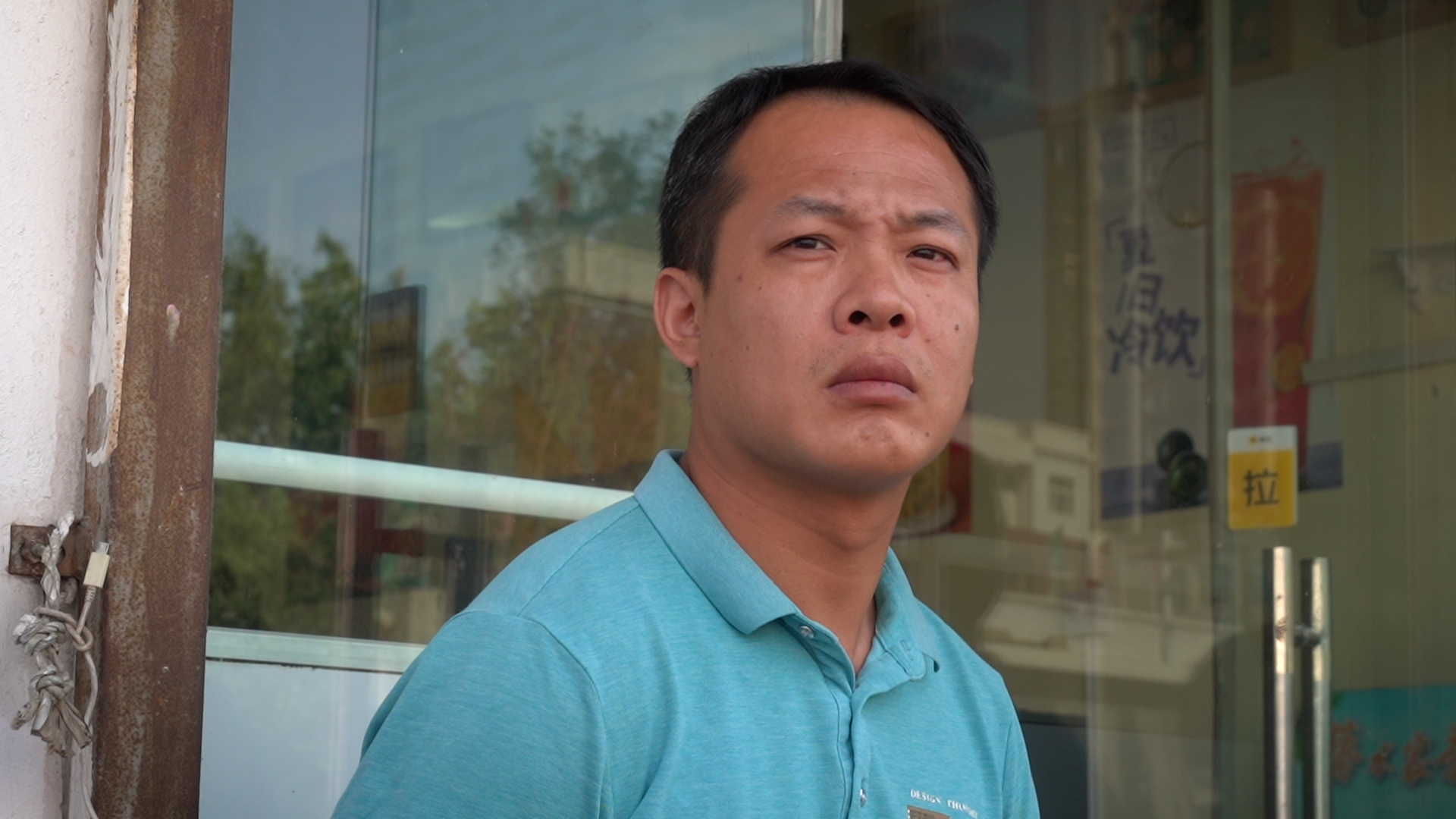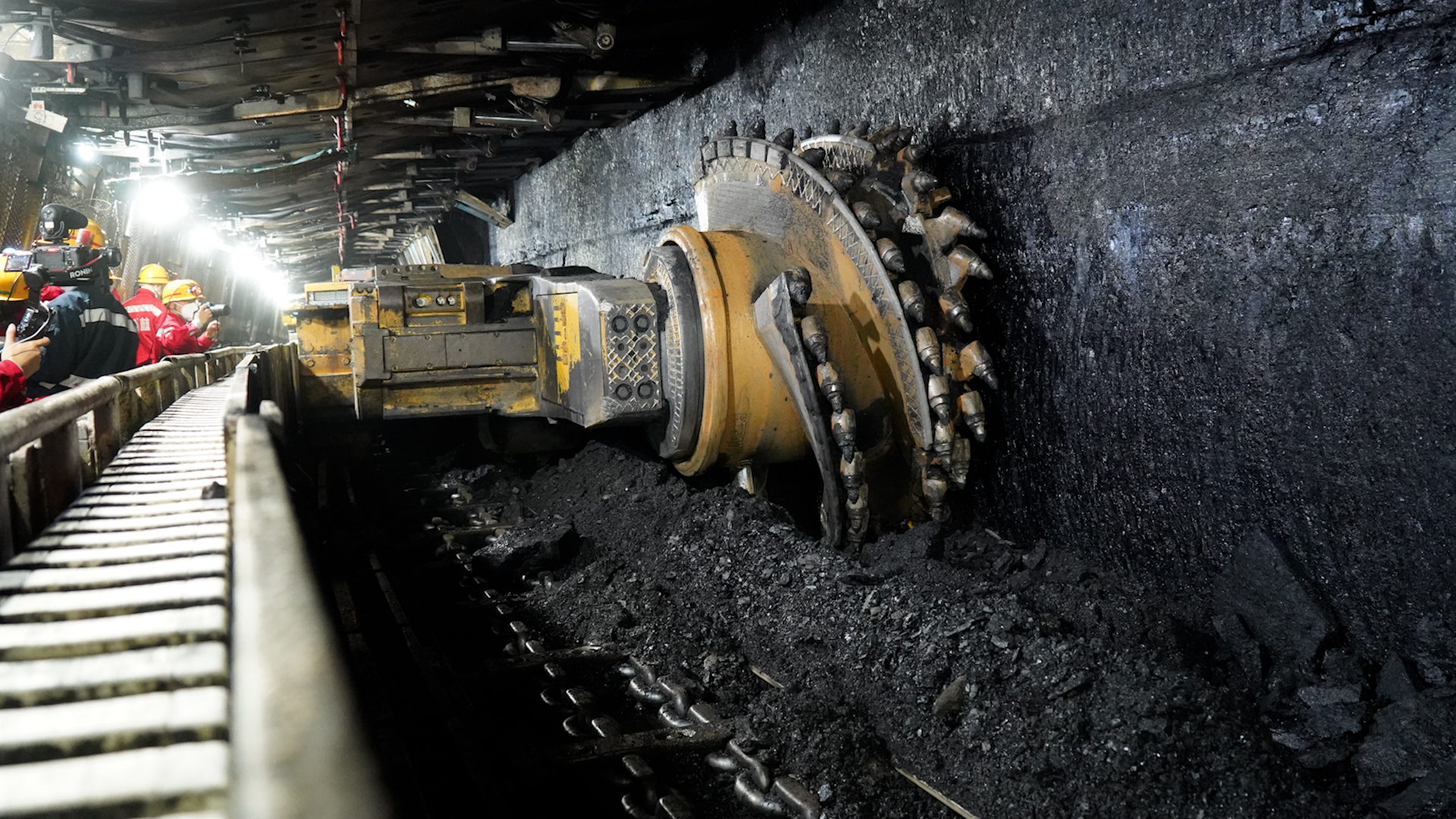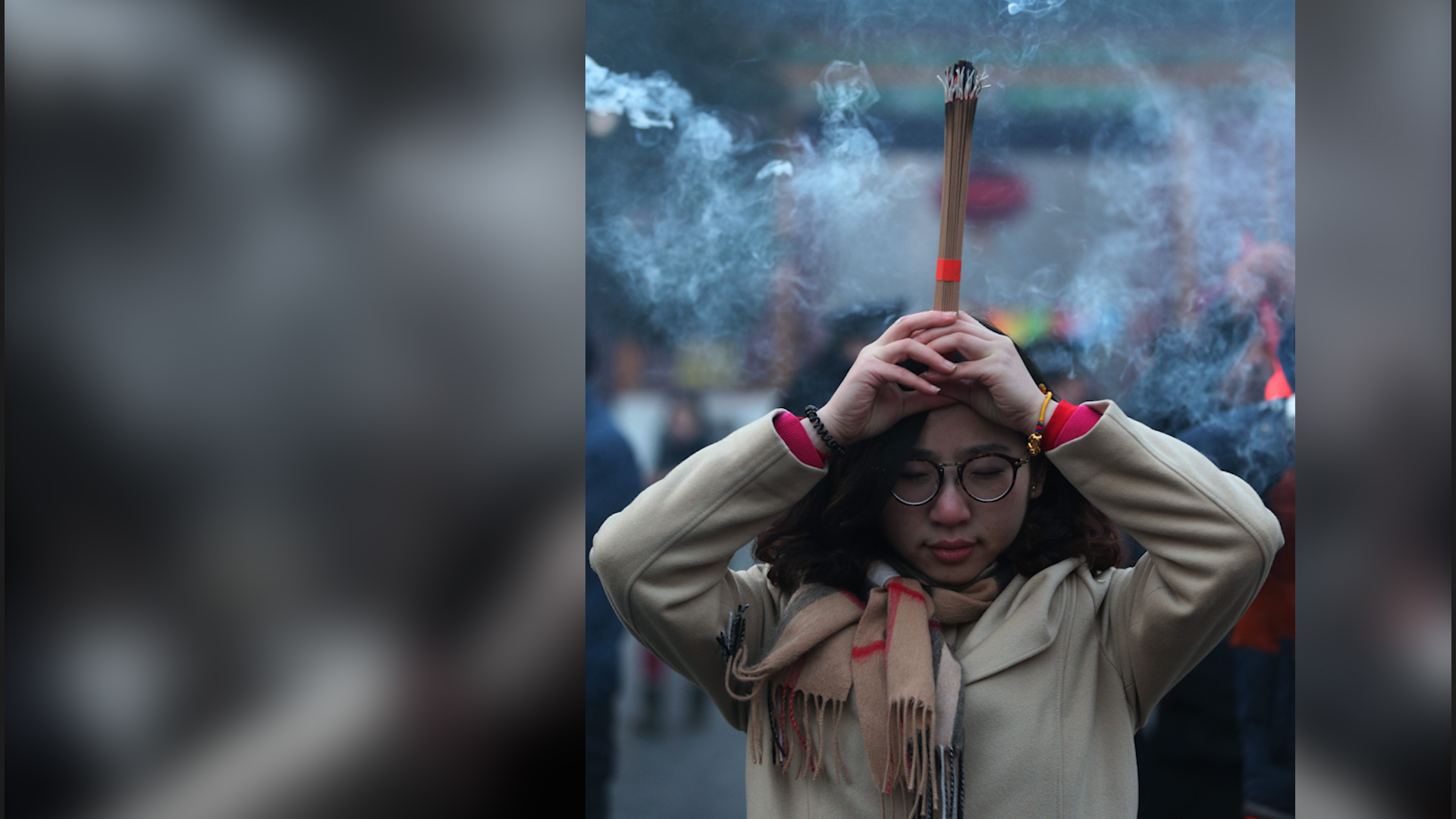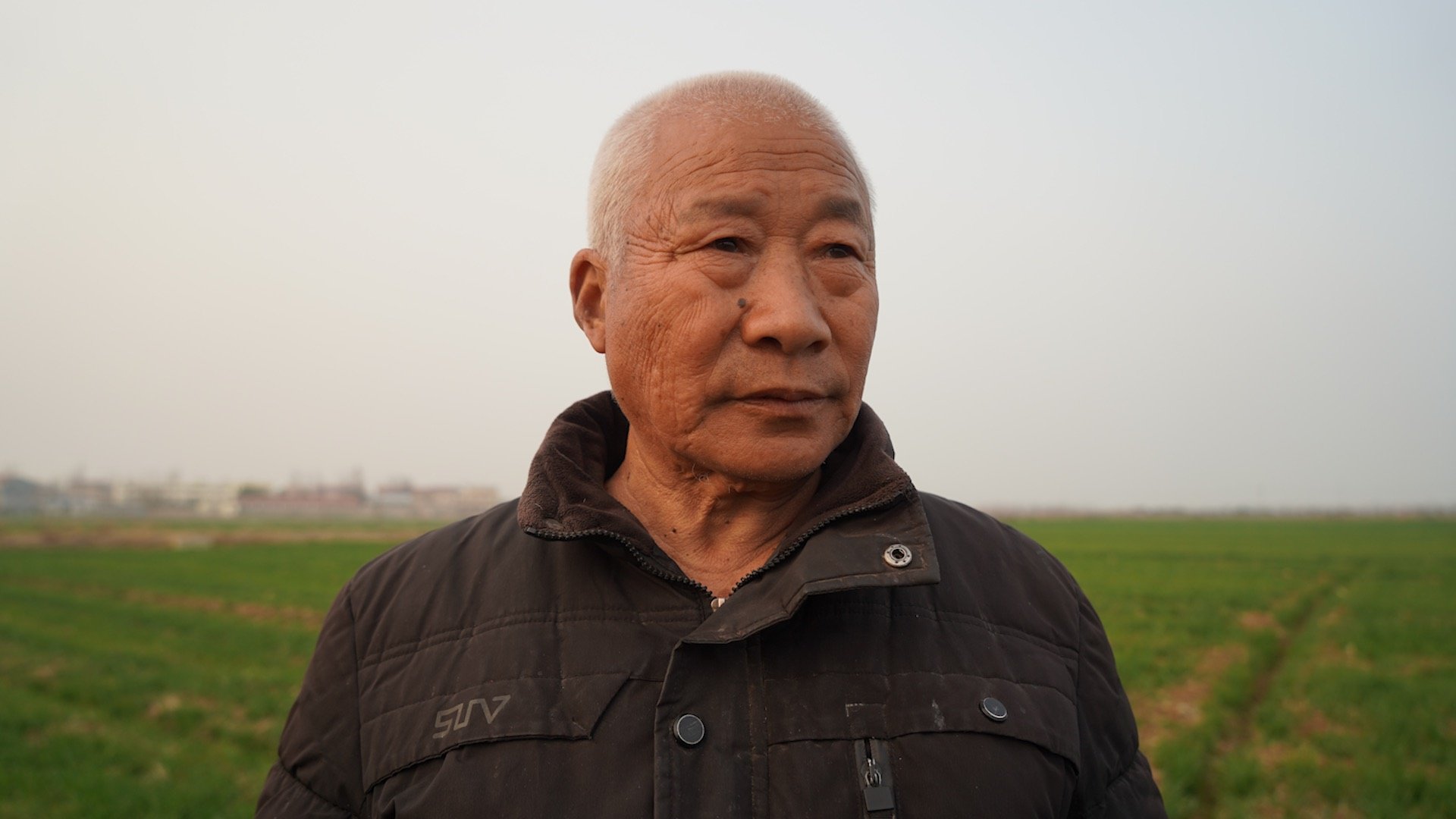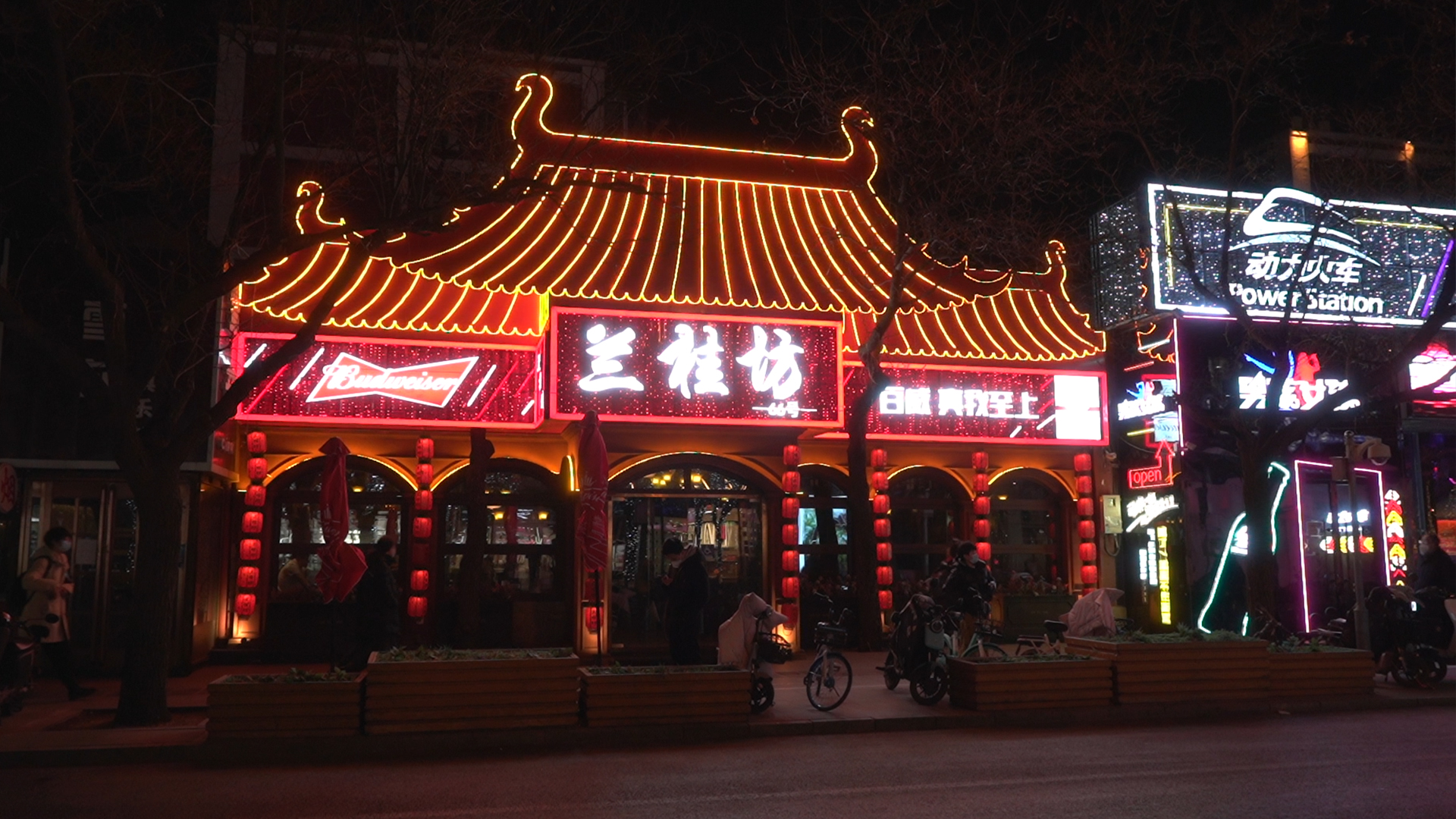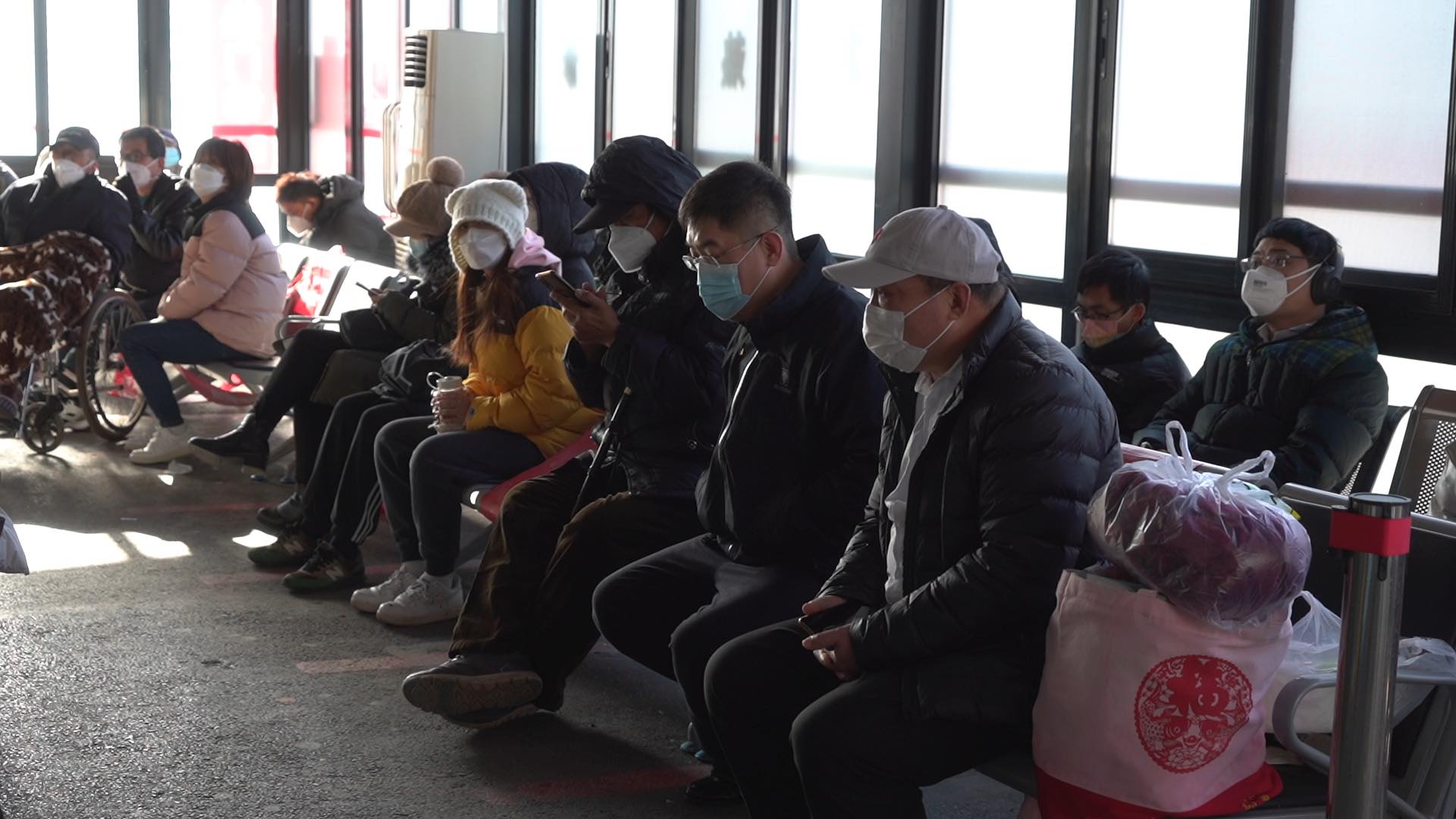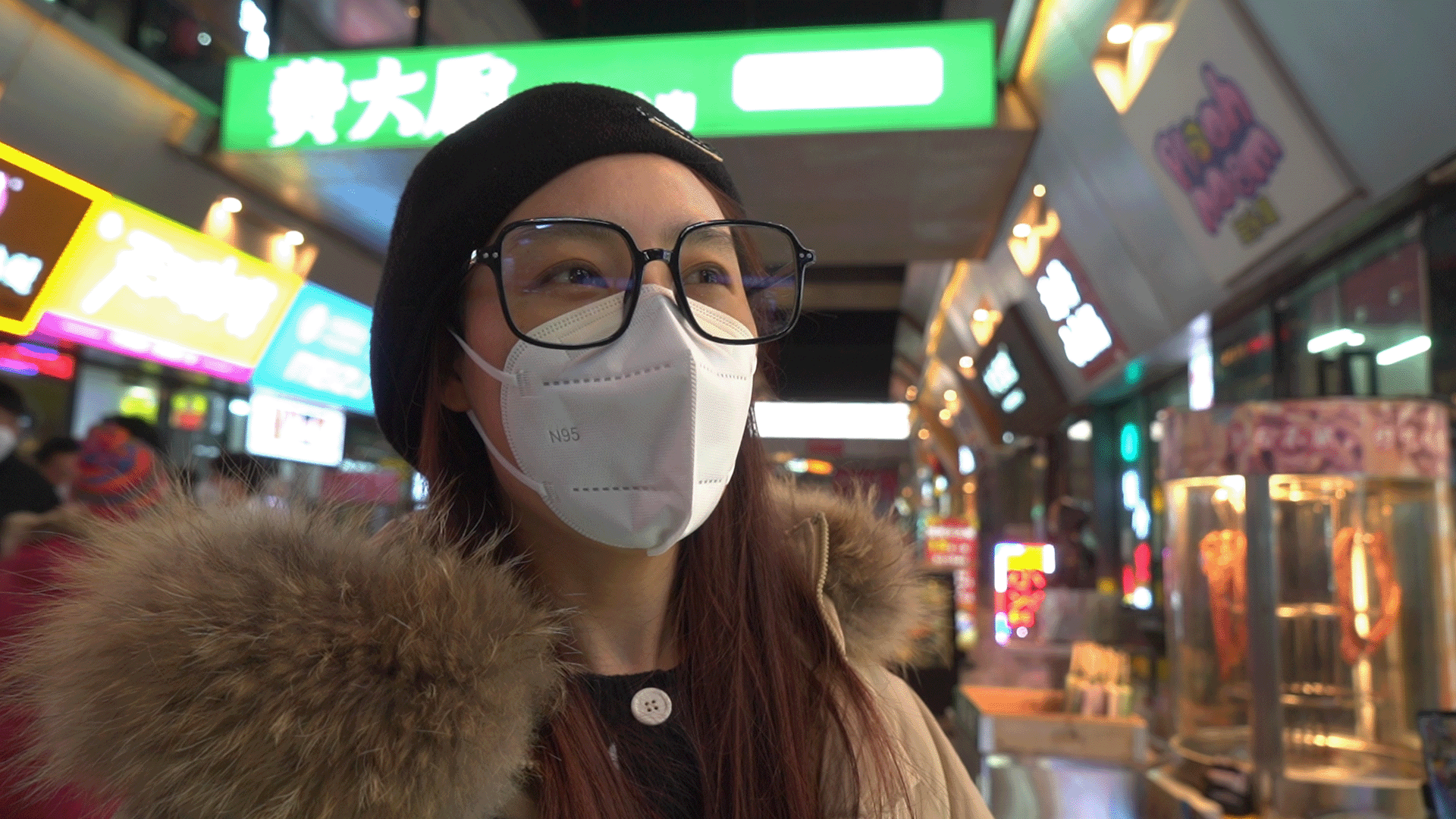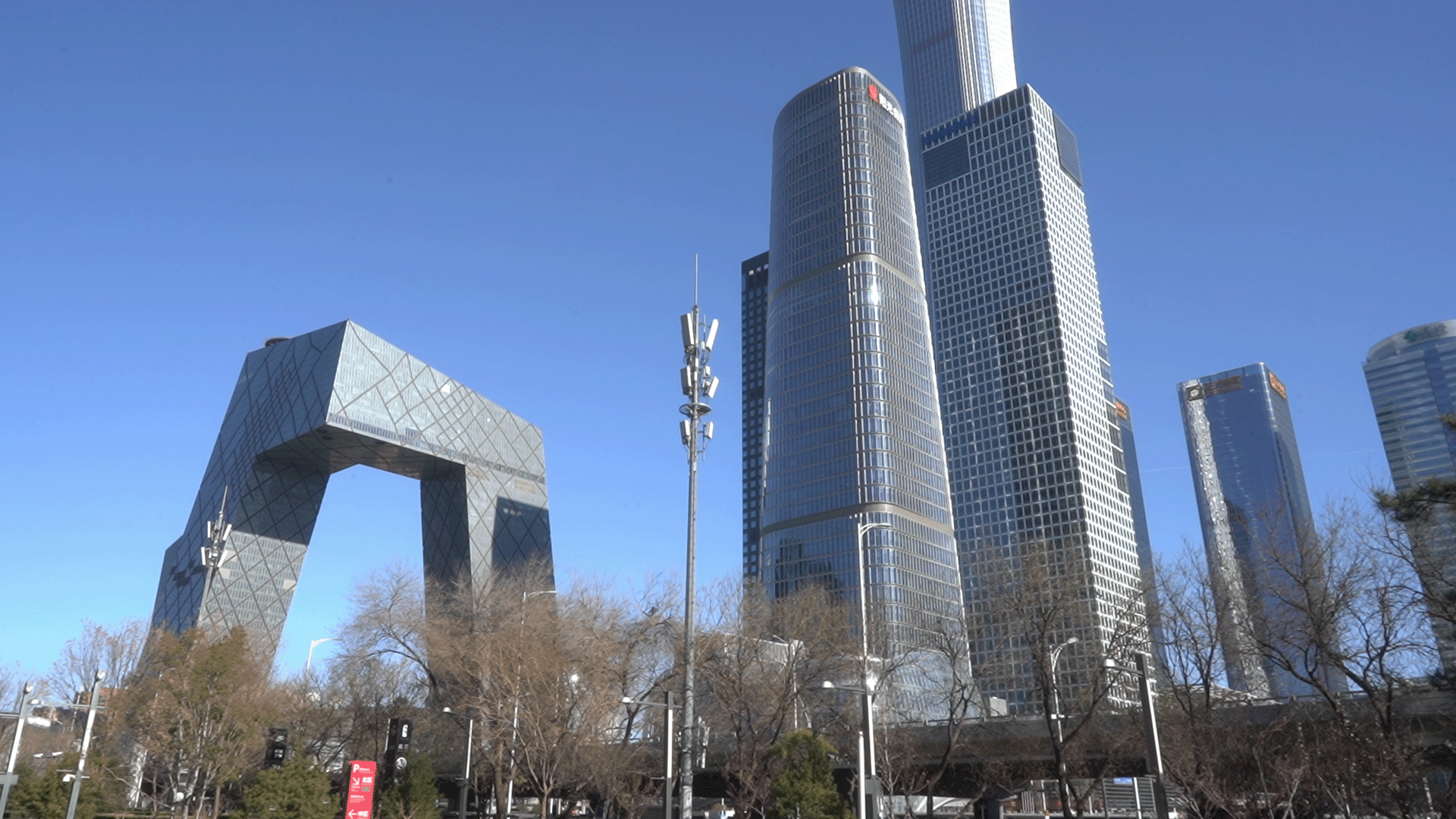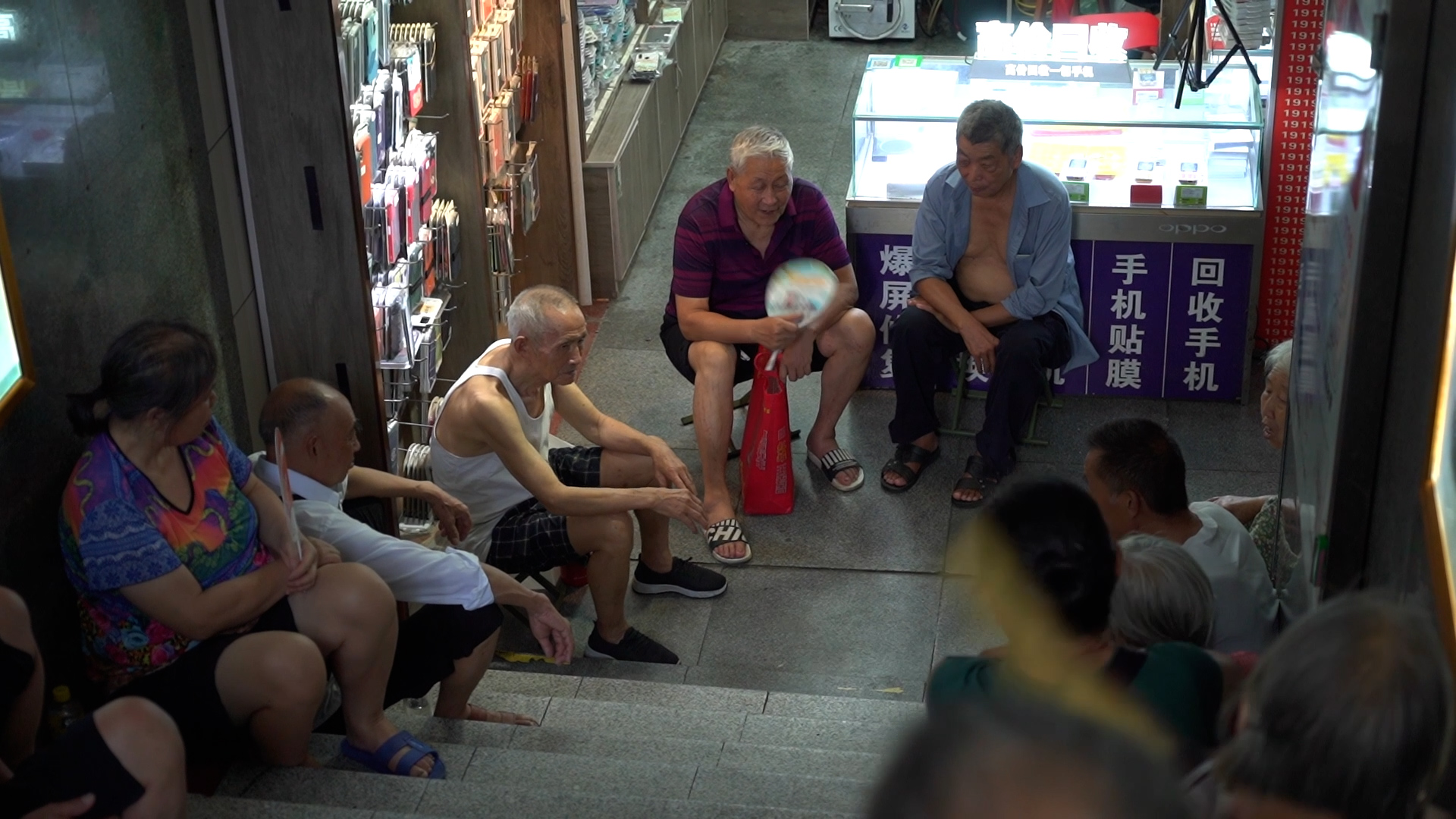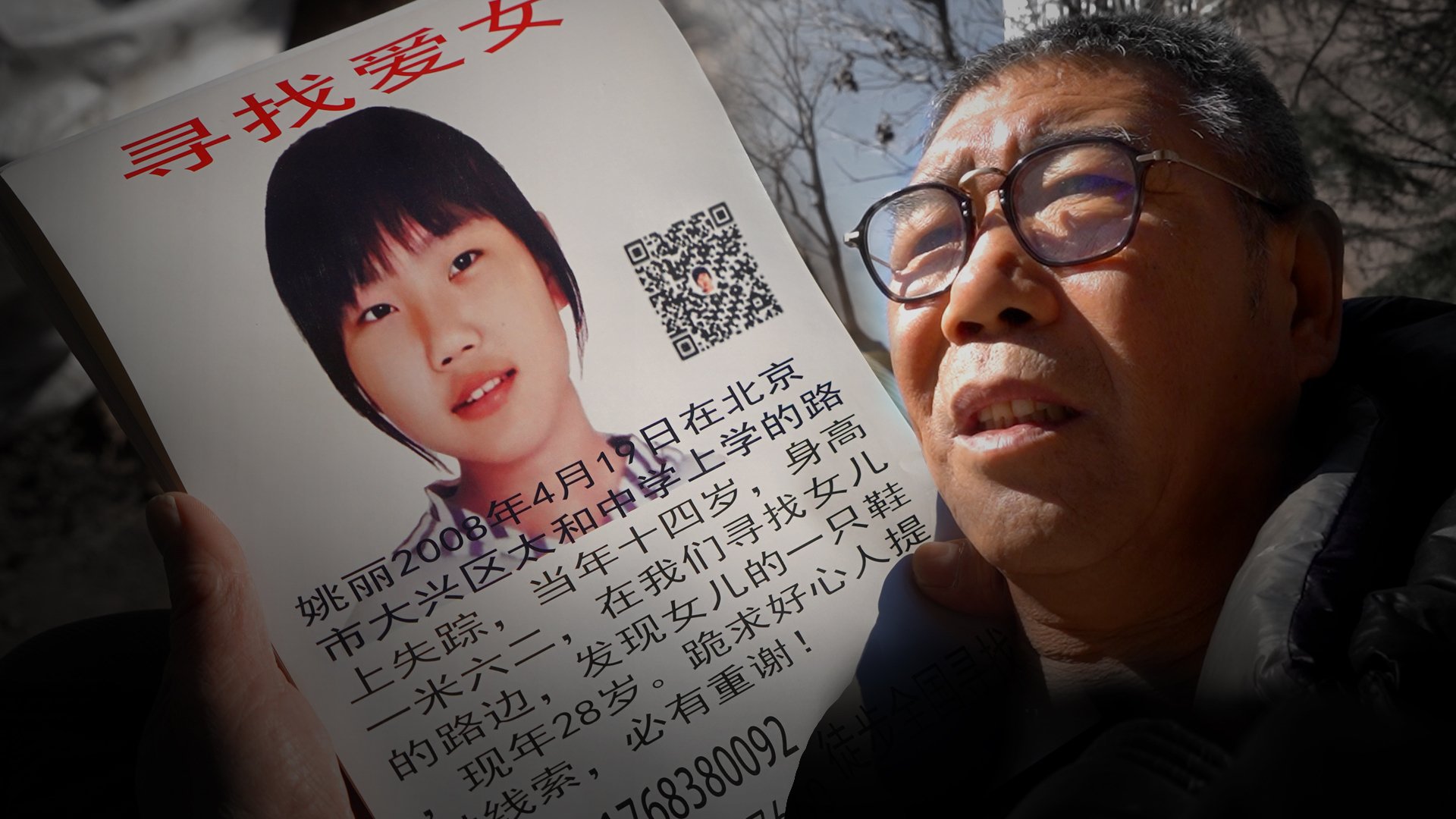Advertisement
Advertisement
Tom Wang
SCMP Contributor
Tom Wang is an award-winning video journalist and documentary filmmaker based in China. He is a passionate storyteller who is deeply interested in producing human-interest stories. Since 2013, he has been producing short documentaries on various topics, focusing on the lives of ordinary people in China. Most of the time, he works alone, handling everything from research and pitching to shooting, scriptwriting and editing. His short documentary series about China's Ice Boy touched hearts around the world. The series also won an award for Excellence in Video Reporting from the Society of Publishers in Asia (SOPA). Additionally, his short documentary about China's missing children was nominated for the 2022 Beverly Hills Film Festival, as well as three other international film festivals.
Tom Wang is an award-winning video journalist and documentary filmmaker based in China. He is a passionate storyteller who is deeply interested in producing human-interest stories. Since 2013, he has been producing short documentaries on various topics, focusing on the lives of ordinary people in China. Most of the time, he works alone, handling everything from research and pitching to shooting, scriptwriting and editing. His short documentary series about China's Ice Boy touched hearts around the world. The series also won an award for Excellence in Video Reporting from the Society of Publishers in Asia (SOPA). Additionally, his short documentary about China's missing children was nominated for the 2022 Beverly Hills Film Festival, as well as three other international film...
Languages Spoken:
English, MandarinWang Fuman, who came to be known as China’s “ice boy” in 2018, is facing new financial pressures even after seeing his family’s quality of life steadily improve.
Advertisement
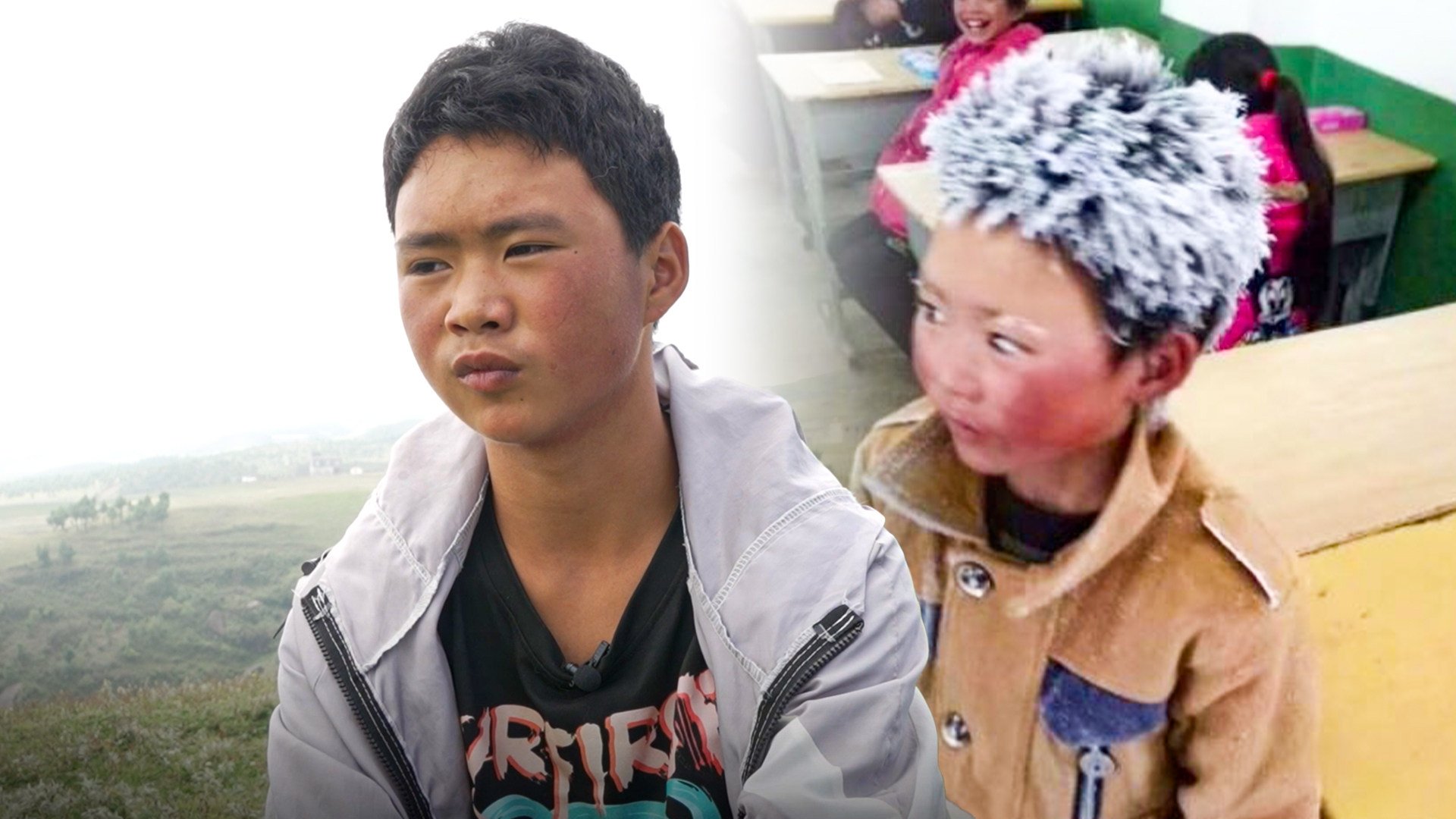
.jpg)
